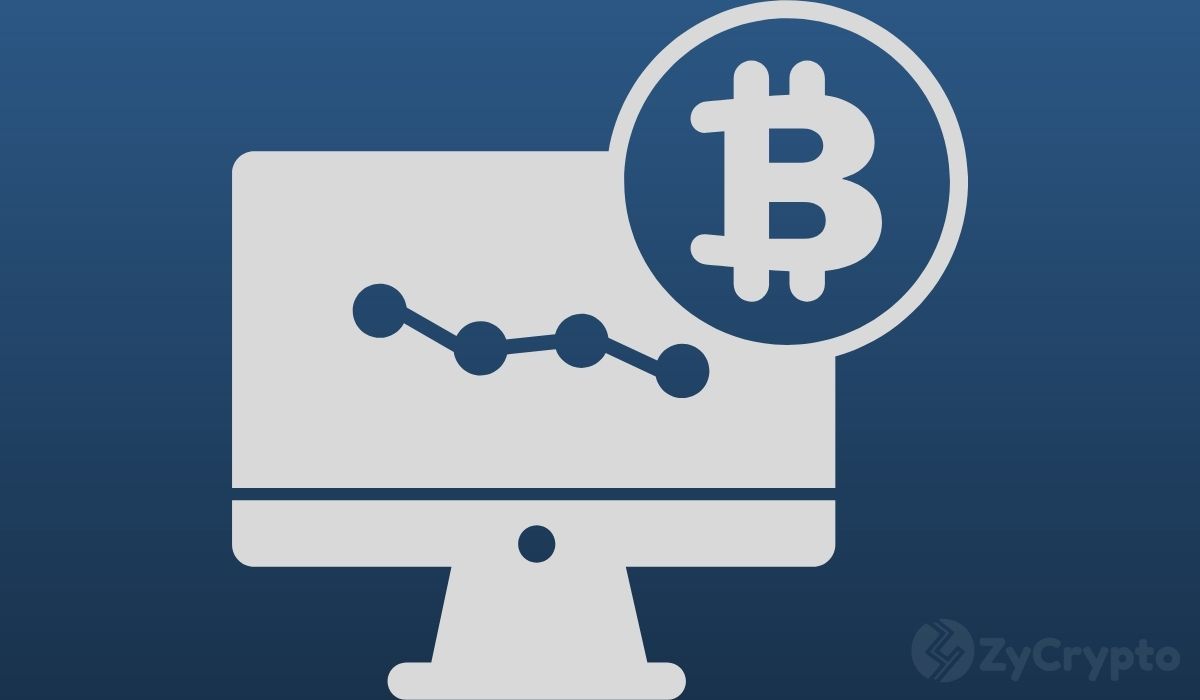Japan’s financial regulator is preparing new crypto rules that will mandate exchanges to set aside a reserve for losses linked to crypto hacks. Globally, investor losses spiked in the last three quarters as bad actors’ activities doubled.
Japan’s FSA Cites Investor Protection Directives
The Financial Services Agency will issue new regulations requiring digital asset exchanges to set out liability reserves. The new policy also stretches to cold wallets as authorities target a wider spread application.
Previously, exchanges used cold wallets to avoid reserve requirements. The law, which will be introduced in the legislature next year, includes cold wallets in bankruptcy cases, allowing administrators to handle payouts effectively.
This change follows calls by stakeholders to increase investor protections in local markets. Global digital asset adoption ushered in a spike in hacks, culminating in investor losses.
These drains, perpetuated by bad actors, dampen institutional and retail sentiments, prompting new measures. According to local sources, the new law models traditional finance templates, mirroring a rising global trend.

 
Previously, crypto rules were vague, unclear, and largely non-existent. Many centralized finance institutions avoided the market, citing risk in the absence of proper regulations. The status quo has changed in the past two years, with authorities embracing digital assets and issuing multiple frameworks.
In Japan, crypto exchanges will be required to hold reserves ranging from $12.7 million to $255 million based on trading volume. In effect, cases of hacks on custodians can be sorted out without lingering losses.
Meanwhile, crypto users applauded the move, calling on other jurisdictions to adopt the regulation. Digital asset enthusiast Vince Crypto explained on X that the policy will enhance exchange security and prevent recurring hacks.
“Man, Japan isn’t joking around. If an exchange gets hacked, they’re basically saying “handle your mess, don’t dump it on users.” Honestly, this is how regulation should be done. Keeps everyone sharp without killing innovation,” he added.
This year, Japan rolled out several policies to protect investors and shape the industry. Furthermore, the government has given the sector greater traction, as evidenced by heightened institutional demand.
Japan is also evaluating a new tax regime set to favor digital asset players as adoption spikes. Under the new tax code, the FSA will categorize Bitcoin, Ethereum, and other top assets as financial products. Traders will be taxed a flat 20% fee, a drop for the first time in years.
